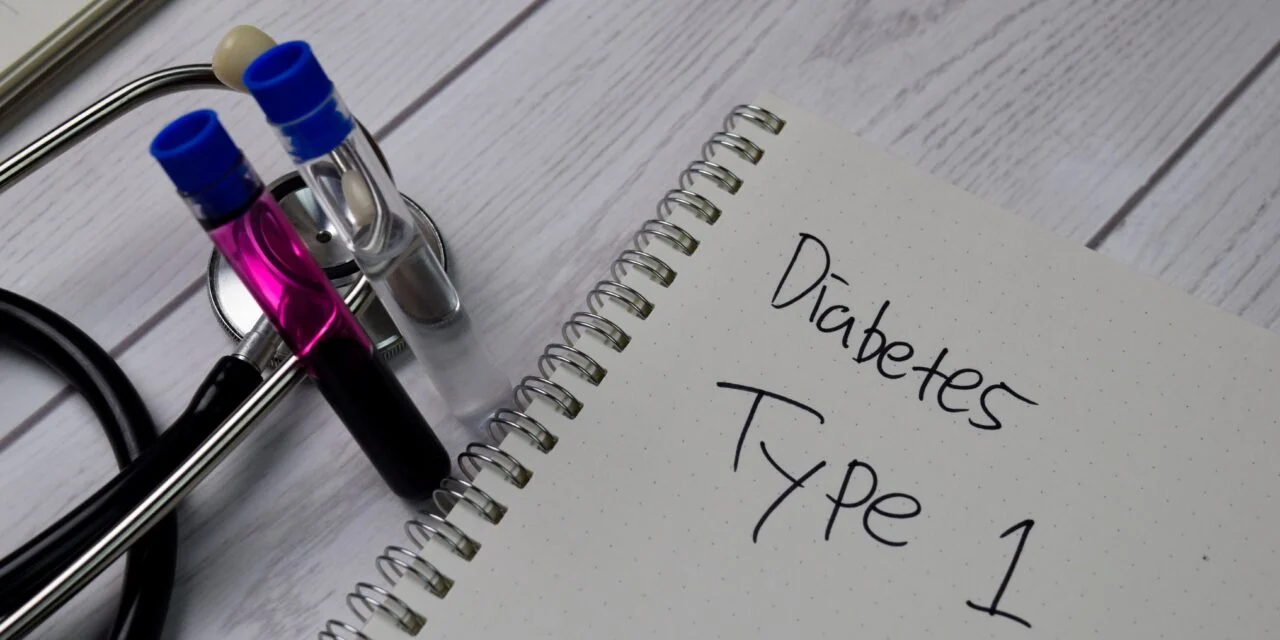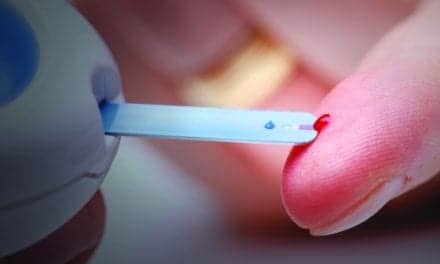Initiative includes IVD assay development and lab-developed test expansion for early-stage disease screening.
Revvity Inc announced a program to expand its type 1 diabetes (T1D) testing offering to include a population-scale assay for early detection, with support from Sanofi. The company will develop a T1D 4-plex in vitro diagnostic (IVD) assay based on its existing research-use-only 3-plex assay.
The collaboration supports clinical validation and regulatory submissions of the new T1D 4-plex assay on Revvity’s GSP instrument using capillary dried blood spot and venous specimens. The GSP instrument’s high throughput capability enables population-level screening for early-stage T1D in clinical practice, according to a release from the company. Regulatory submissions are planned for the US Food and Drug Administration, IVDR, and other major jurisdictions.
Laboratory Network Expansion
In parallel, Revvity and Sanofi are collaborating to expand access to Revvity’s existing research-use-only product. Currently offered as a laboratory-developed test at the CLIA and CAP accredited Revvity Omics laboratory in Pittsburgh, PA, Revvity will work to validate the assay in additional locations across its global laboratory network to facilitate worldwide access to the assay for clinical use.
“The expansion of autoantibody testing from research-use towards convenient, affordable, high-quality and high-throughput commercial platforms such as Revvity GSP may accelerate the transition to a new clinical standard of care where people with T1D are diagnosed as early as possible,” says Shirley Gil Parrado, global head of autoimmune type 1 diabetes at Sanofi, in a release.
Dr Madhuri Hegde, senior vice president and chief scientific officer at Revvity, adds in a release, “Revvity Omics has built a reputation as a global leader in genomic testing for both rare and common conditions—pushing the boundaries of technology across multiple platforms. Today’s announcement is a pivotal step forward, showing that we’re not just capable but eager to further expand into non-rare diseases. This collaboration reinforces the value of collaboration across biotech, improving patient outcomes by ensuring assays are available to identify the people who would benefit from therapeutics developed by the pharmaceutical industry.”
ID 187284635 © Olan Dah | Dreamstime.com




